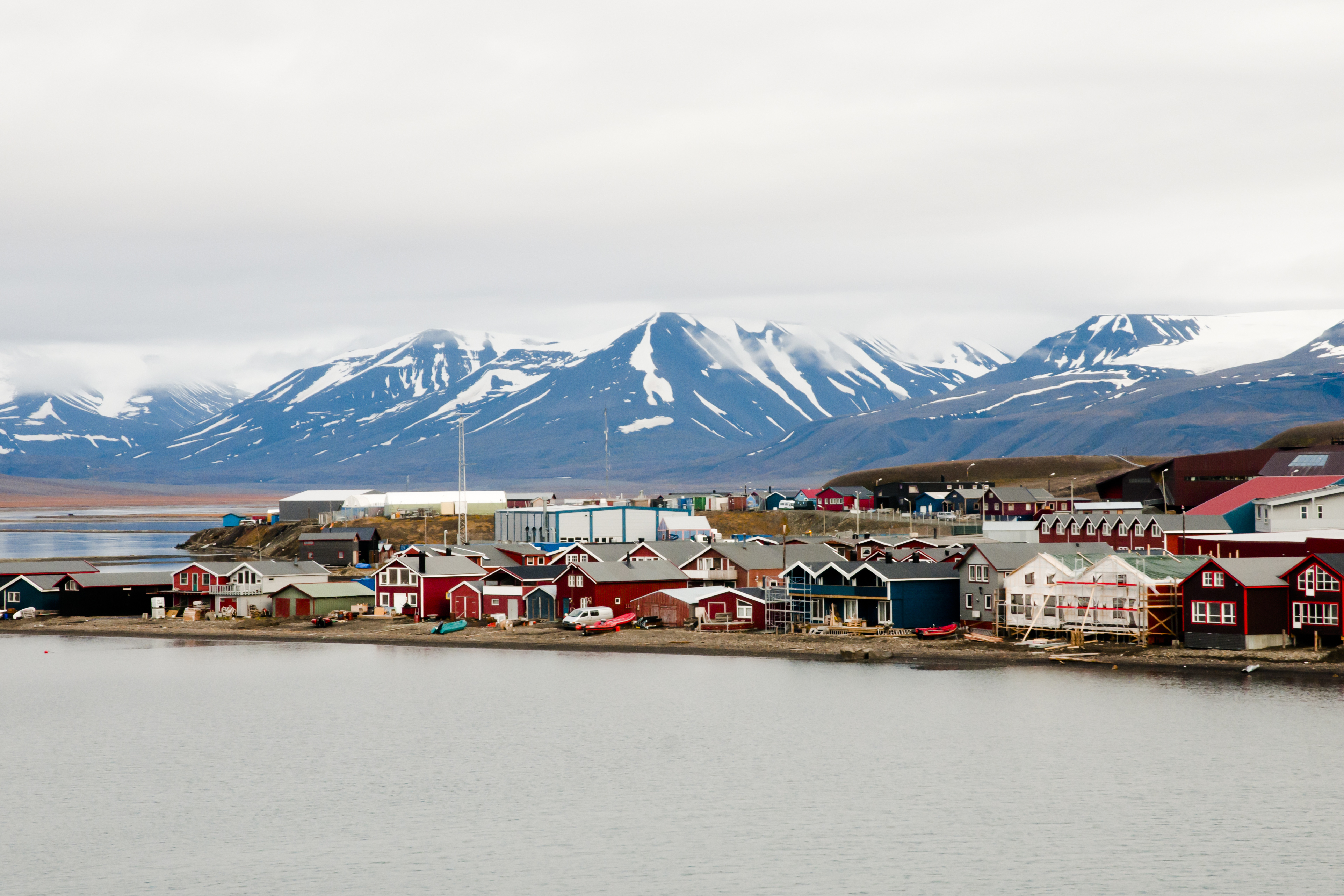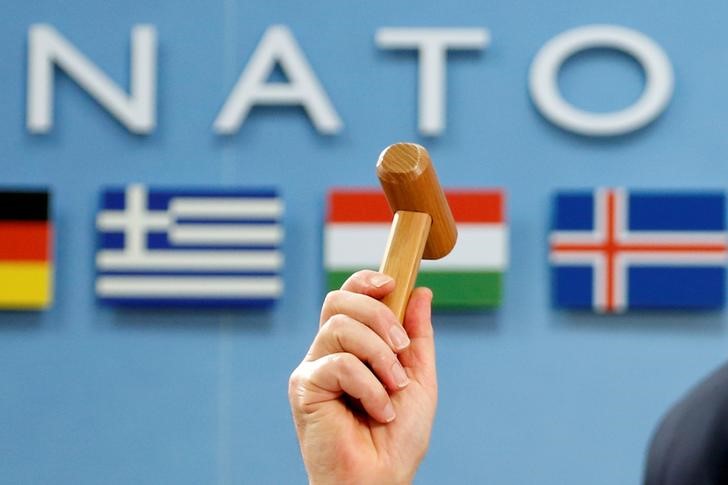NATO politicians to meet in Svalbard this spring

The next gathering of NATO’s Parliamentary Assembly will take place on Svalbard, when 80 to 100 NATO politicians will meet in Longyearbyen from May 8-10.
At the meeting, they will discuss the security policy situation, among other issues.
The NATO Parliamentary Assembly is an international organization for parlamentarians from NATO’s member countries.
It was created in 1955 and has its headquarters and secretariat in Brussels.
Øyvind Halleraker from the Conservatives chairs the Norwegian NATO parliamentary delegation, while Sverre Myrli from Labor is Deputy Chair.
Other Norwegian members of the Parliamentary Assembly are Rigmor Aaserud (Labor), Ingunn Foss (Con) and Christian Tybring-Gjedde (Progress Party).
No professional military persons will attend the meeting in Longyearbyen, High North News has been told.

NATO’s Parliamentary Assembly has visited Svalbard once before, back in 2004. The security situation then was quite different from the current situation between Russia and NATO.
In 2004 the attendees even went on a visit to Barentsburg, the Russian settlement on Svalbard.
There are no such plans this time around.
In addition to the nearly 100 NATO parlamentarians, external speakers have been invited.
State Secretary Marit Berger Røsland of the Norwegian Ministry of Foreign Affairs will, together with Director General Margit Tveiten of the MFA Legal Affairs Department, speak about the geopolitical situation in the north.
Margit Tveiten holds a Master’s Degree in Law and has the Law of the Sea as one of her specialities.
Norway is presently in conflict with the EU regarding the catching of snow crabs in Svalbard waters.
In addition to discussing geo- and security policy, there will also be discussions about environmental questions.
Climate and Environment Minister Vidar Helgesen will participate.
Since the sanctions towards Russia were introduced, there has been a strained relationship between Norway and Russia about the practicing of the Svalbard policy.
This was clearly demonstrated when the Russian Deputy Prime Minister Dmitrij Rogozin made a stop-over in Longyearbyen on his way to the North Pole. Rogozin was on the EU’s, and thereby also on Norway’s, sanction list.
From the Norwegian side, it was argued that these sanctions apply to Svalbard as well.
The Russians, however, argue that the Svalbard Treaty secures free access to Svalbard for citizens of all parties to the Treaty.
The Svalbard Treaty also regulates all military activity on the Svalbard archipelago. In the Norwegian translation of the Treaty it reads that one “cannot exploit the area for war purposes.”
The Russians, on their side, argue that the Treaty’s chapter places a ban on all military activity on Svalbard.
In 1949, when Norway joined NATO, Russia argued that this could not encompass Svalbard.
The protests were rejected by the then-Foreign Minister Halvard Lange, and Norway included Svalbard and the Bear Island into NATO’s defence area in 1951. Lange ensured that there would be no military bases on Svalbard.
According to the Annual Report from the Norwegian part of NATO’s Parliamentary Assembly, one of the main questions in 2016 was “political and military initiatives following Russian’s annexation of Crimea and its intervention in Eastern Ukraine, which were both a violation of Public International Law.”
High North News sought comment from Øyvind Halleraker about why the meeting is arranged on Svalbard this time, however, to no avail.
Nor is there any information about the meeting on the web site of the NATO Parliamentary Assembly.